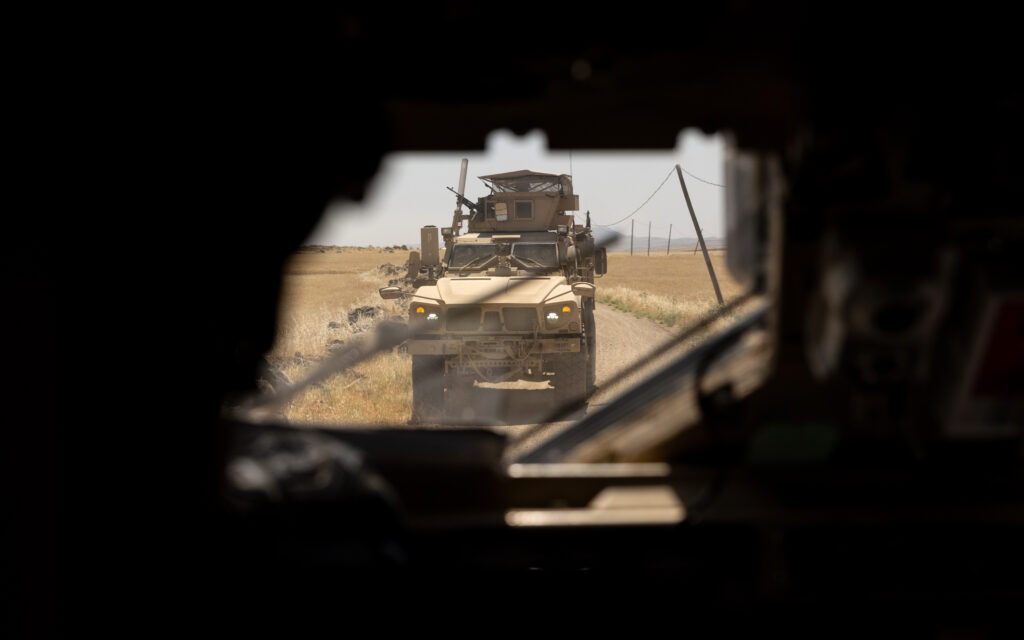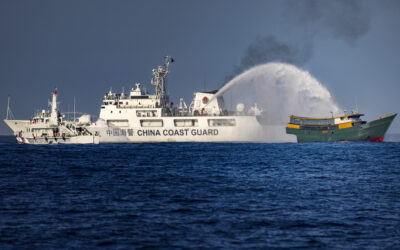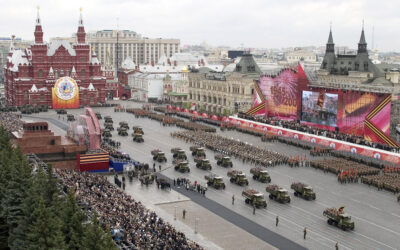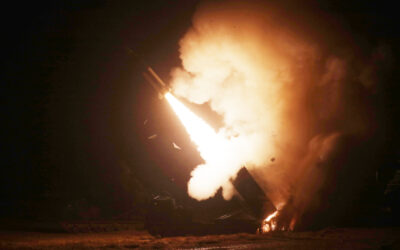
Former Top NATO Commander Warns of “Drone Swarm” Threat
SUBSCRIBER+EXCLUSIVE INTERVIEW — While the use of lethal drones is escalating in Ukraine, Russia, the Middle East and elsewhere, the global proliferation of the technology […] More

“The Cipher Brief has become the most popular outlet for former intelligence officers; no media outlet is even a close second to The Cipher Brief in terms of the number of articles published by formers.” —Sept. 2018, Studies in Intelligence, Vol. 62
Access all of The Cipher Brief’s national security-focused expert insight by becoming a Cipher Brief Subscriber+ Member.
Related Articles

SUBSCRIBER+EXCLUSIVE INTERVIEW — While the use of lethal drones is escalating in Ukraine, Russia, the Middle East and elsewhere, the global proliferation of the technology […] More

SUBSCRIBER+ EXCLUSIVE REPORTING — The South China Sea is boiling again. “The Cipher Brief has become the most popular outlet for former intelligence officers; no […] More

SUBSCRIBER+ REPORTING — Congress waded into an explosive debate Wednesday, in the wake of revelations that Russia may have been behind the so-called “Havana Syndrome” […] More

SUBSCRIBER+ EXCLUSIVE REPORTING — It’s an unusually busy week in Moscow. Russian President Vladimir Putin has been inaugurated for a fifth term, the military is […] More

SUBSCRIBER+ EXCLUSIVE REPORTING — In late March, hunkered in his sandbag-lined compound with visiting Washington Post columnist David Ignatius, Ukrainian President Volodymyr Zelensky pleaded for […] More

SUBSCRIBER+EXCLUSIVE ANALYSIS — While top cybersecurity officials sound the alarm over intrusions by Russia, China and individual hackers into U.S. critical infrastructure, they’ve noticed another […] More
Search